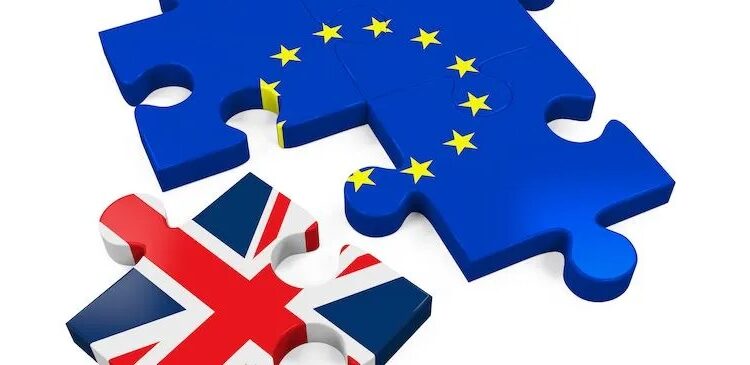A Journey of Consequences and Uncertainties
Introduction (50 words): Brexit, a term coined to refer to the United Kingdom’s exit from the European Union, has been one of the most significant political and economic events of recent times. With its fair share of controversies, negotiations, and unprecedented outcomes, Brexit continues to shape the future of the UK and its relationship with the EU.
The Decision and Divisions
roots of Brexit can be traced back to the 2016 referendum, in which the British public voted in favor of leaving the EU by a narrow margin. This outcome revealed deep divisions within the country, pitting those who believed in regaining sovereignty and controlling immigration against those who saw value in EU membership for economic and political stability.
Negotiations and the Withdrawal Agreement
Following the referendum, the UK embarked on a complex and challenging negotiation process with the EU to establish the terms of its withdrawal. The negotiations were marked by contentious debates over the future relationship, the Irish border, and trade arrangements. Eventually, in January 2020, the UK officially left the EU, entering a transition period during which both sides worked to solidify their post-Brexit relationship.
Economic Impact and Trade Relations
Brexit has had profound economic implications for the UK. While proponents argued for increased trade autonomy and global opportunities, others expressed concerns about potential trade barriers and loss of access to the EU’s single market. Industries like financial services, manufacturing, and agriculture faced uncertainties and had to adapt to new regulations and trading arrangements. The UK also had to establish new trade deals with various countries and regions, seeking to balance the benefits of independent trade policies with potential economic challenges.
Challenges and Unresolved Issues
Despite the passage of time, several critical issues remain unresolved post-Brexit. The question of the Northern Ireland border and its potential impact on peace and stability in the region continues to pose challenges. Additionally, the long-term consequences of Brexit on immigration, research collaborations, and security cooperation with the EU are yet to be fully realized. The UK also faces the task of redefining its global role and asserting its presence on the international stage in the absence of EU membership.
Brexit has been a transformative process for the United Kingdom, reshaping its relationship with the European Union and sparking debates about sovereignty, trade, and national identity. The full consequences of Brexit are still unfolding, and its long-term impact on the UK’s economy, politics, and international standing will continue to be topics of discussion for years to come.
newshub



Recent Comments